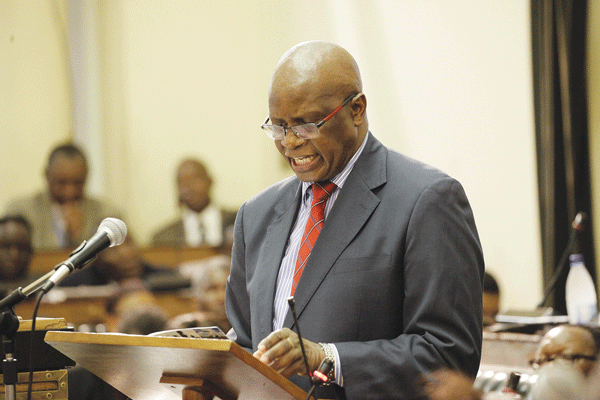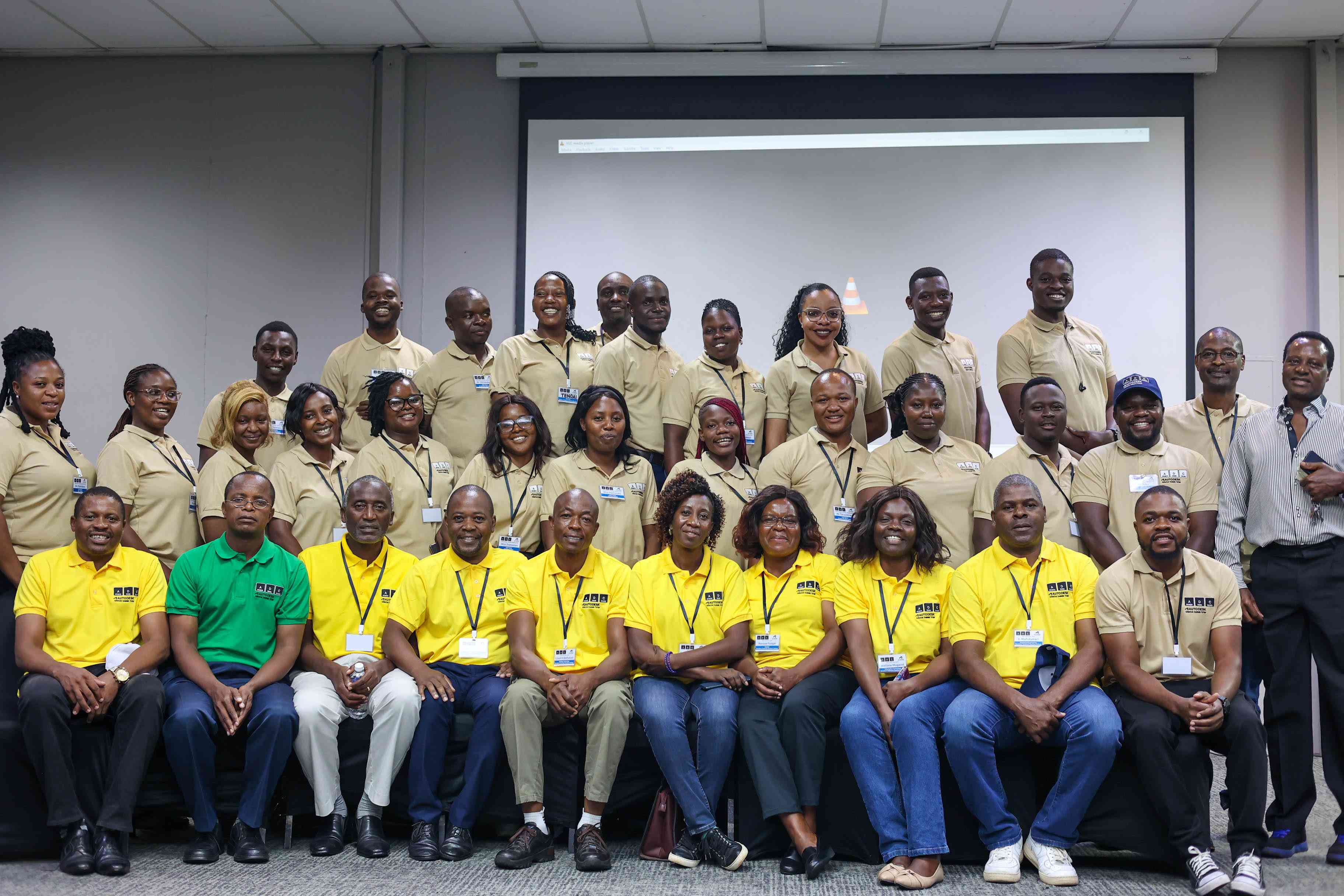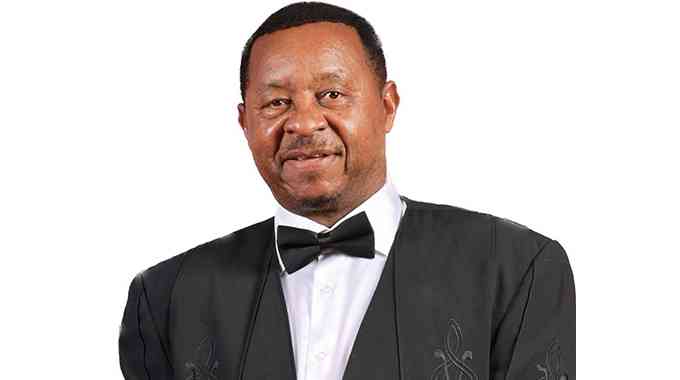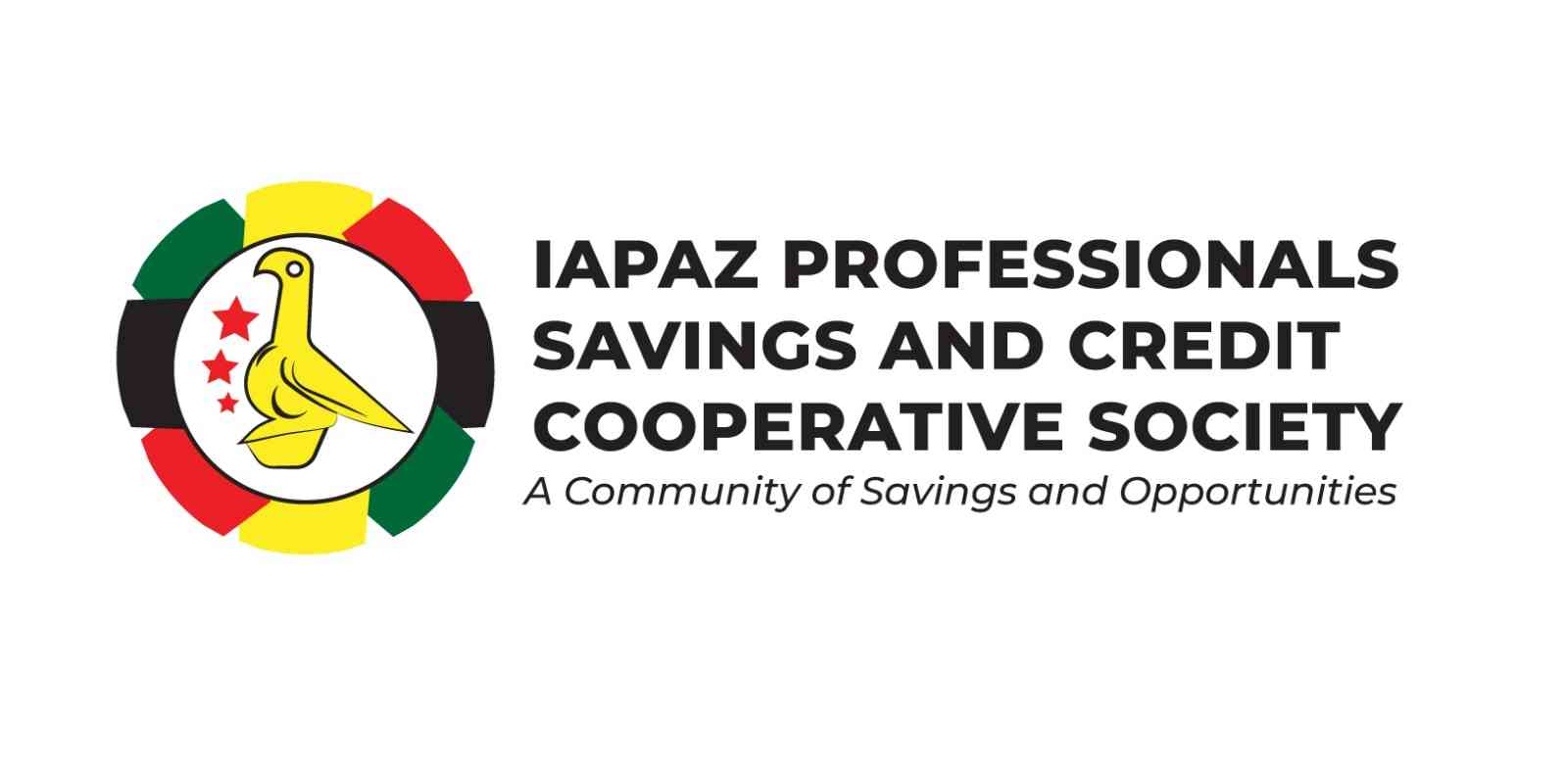
The 2017 National Budget announced by Finance minister Patrick Chinamasa yesterday is silent on how the government will address structural challenges like its huge workforce to free fiscal space and issues around improving the macro-economic environment, analysts have said.
By Everson Mushava
VIEW & DOWNLOAD THE FULL BUDGET DOCUMENT

The budget proposed the introduction of tax on airtime, cutting tax on small businesses and commitment to off-load non-performing parastatals, among other measures.
But economists said the budget could be good, but without addressing structural issues such as reducing the government wage bill and improving the macro-economic environment to increase the country’s fiscal space, expecting much from the budget would be over-ambitious.
Economist, Prosper Chitambara said Chinamasa generally tried to stimulate growth in the productivity sectors, but the key challenge was how to fund the budget deficit.
“In Zimbabwe, the budget deficit has normally been funded by domestic borrowings, that is Treasury Bills, but unfortunately, they have not been performing as expected. It is unfortunate that our government is funding for recurrent expenditure when we should be borrowing for capital projects. How do you justify borrowing to pay salaries? Surely, basic economics tells us that such an economy will find the going tough,” he said.
“But compared to this year, the 2017 economic outlook seems better provided we deliver on the agriculture front and cut our import bill. This would help balance our import bill.”
- Chamisa under fire over US$120K donation
- Mavhunga puts DeMbare into Chibuku quarterfinals
- Pension funds bet on Cabora Bassa oilfields
- Councils defy govt fire tender directive
Keep Reading
VIEW & DOWNLOAD THE FULL BUDGET DOCUMENT
Hatfield MP, Tapiwa Mashakada (MDC-T) said the real crux of the matter was fiscal space, as there was no evidence that it would improve in 2017.
“We are sitting on a big hole, which the government has dug. The issue of budget deficit will make Chinamasa’s budget possibly useless, as there is no evidence that revenue collection will improve,” he said.
“Government is not able to provide public service, too many debts are giving government limited room to manoeuvre.
“Unemployment is over 90% and where will the money come from? Those figures are meaningless because ministries will not get what they were allocated. The issue of the cash crisis has not been addressed. It is evil to have government workers go to Christmas without salaries. The issue of bonuses was also skirted, just like what his principal (President Robert Mugabe) did in his State of the Nation Address on Tuesday.”
The MP said although Chinamasa tried to lure investors and lower taxes, the real challenge would remain a poor macro-economic environment and lack of liquidity caused by cheap imports. He said the budget also failed to address the issue of bond notes that are insufficient and do not have the capacity to bankroll the economy.
“Whether the budget is pro-people, pro-investment, pro-poor, it does not make any difference. It is not a panacea to solve the current problems,” he said.
Another economist, Takunda Mugaga said the budget was anti-consumers as evidenced by taxing of airtime to cover health.
He said the biggest problem was fiscal management and Chinamasa should have been bold enough to tell the nation that the bond notes were not a solution to the country’s cash crisis, and should have also simply told the nation that payment of bonuses was not feasible and that revenue would not get to $4,1 billion.
“The issue of taxing airtime borders on further suffocating the ease of doing business, as the will affect the private sector,” Mugaga said.
But economist, Kipson Gundani said given the challenges the country was facing, Chinamasa had attended to all issues at stake, like addressing the critical productive sectors through incentives and taxation that he had waived.
“We must understand that the fiscal policy statement can play so much. It has to be supported by other legislative and monetary measures. I was quite happy that the budget spoke to issues raised in the monetary policy statement and this will really help build confidence in the economy,” he said.
“You must realise that Chinamasa is confronted with the need to rationalise expenditure, which has been a challenge, as the successive budgets have done little to solve that. The budget, in my view, is sensitive to the reality on the ground, I am saying so looking at attempts to talk to the mining sector and how we could grow revenue generation thereof.”
Gundani said although the budget was a progressive statement from the minister, it could not, as an isolated instrument, deal with the issues of the macro-economic operating environment that was characterised by serious confidence deficit and budget overhang.
He said the budget was pro-investment, not populist, but could have worked well if structural issues like the size of the civil service, which was limiting it to cover recurrent expenditure, were addressed.











